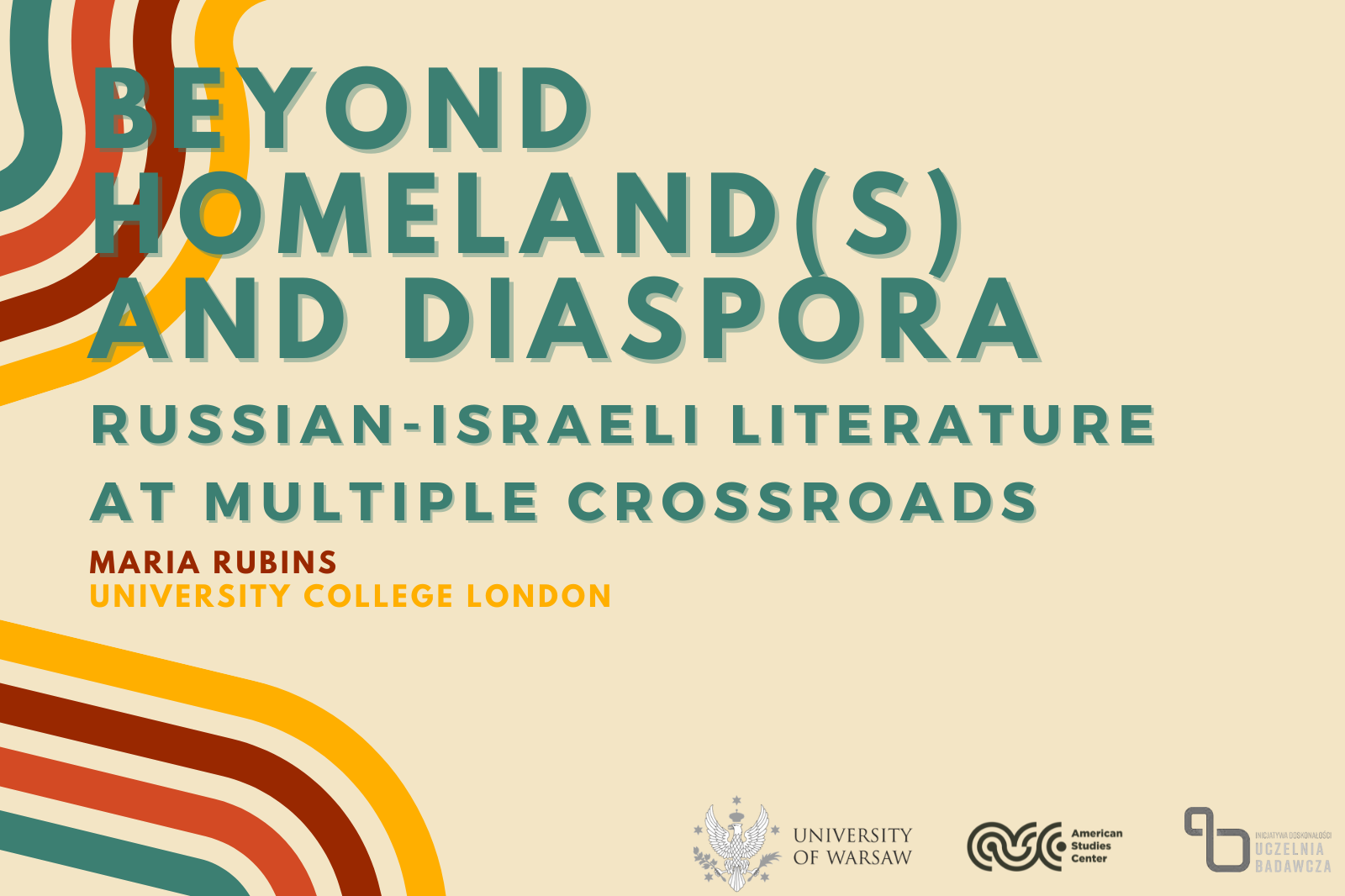ASC, Al. Niepodległości 22, room 317
We are pleased to announce a lecture by
Renata Hryciuk
(University of Warsaw)
Ethnography of New Culinary Elites: Gastronomic Heritage, Gender and Neoliberal Multiculturalism in Oaxaca (Southern Mexico)
The lecture is going to be a part of the
American Studies Colloquium Series.
Thursday, November 22, 2018
at 4:00 p.m
Where?
American Studies Center, room 317,
al. Niepodległości 22, Warsaw.
What?
This presentation focuses on the rise of new culinary female elites in Oaxaca. The state known for its rich culinary tradition (“the heart of national gastronomy”) yet one of the poorest in Mexico, marked by historically determined, deeply rooted social and cultural disparities. The group under study (chefs, native ‘master cooks’, owners of cooking schools and restaurants) has emerged as a result of the rapid commodification and privatization of Oaxacan food cultures for the sake of culinary tourism industry. This branch of tourism has grown considerably after Traditional Mexican Cuisine was inscribed on UNESCO Intangible Heritage List in 2010 owning to state-led development strategies promoting cultural and ethnic tourism based on the logics of neoliberal multiculturalism (Kymlicka 2012) as well as numerous private enterprises. This paper is based on the results of extended multisited fieldwork carried out between 2011 and 2017 in central Oaxaca as well as critical reading of secondary sources. I apply the methodological tool of food-related biography to study the role female cooks play in the process of heritagization of local foodways. I am interested in the ways women use their knowledge of food and foodways to enter the elitist and highly masculine space of gastronomy, become successful, achieve prestige and gain momentum for social mobility in a broader context of (inter)national cultural politics of food as heritage. My analysis reveals the mundane workings of gendered heritage-making: negotiations and contestations as well as open conflicts over heritage representations, politics and rights between different groups of new female culinary elites. It also scrutinizes the process of heritigization of foodways as a new space of the (re)production of social, cultural and economic inequalities along gender, class and ethnic lines in contemporary Mexico.
Who?
Renata E. Hryciuk holds PhD in sociology from Graduate School of Social Research, Polish Academy of Sciences in Warsaw. She is an assistant professor in the Institute of Ethnology and Cultural Anthropology, University of Warsaw.
She has carried out fieldwork in Poland, Lithuania and Mexico (since 1999). Her research interests focus on gender studies, political anthropology (gender and development, social movements), and critical food studies (gender, culinary tourism and patrimonialization of food and foodways). She is the co-editor of several volumes in Polish; (with Agnieszka Kościańska) Gender. Anthropological Perspective. Social Organisation (Warsaw University Press, 2007), Gender. Anthropological Perspective. Femininity, Masculinity, Sexuality (Warsaw University Press, 2007) (with Elżbieta Korolczuk) Farewell to the Polish Mother? Discourses, practices and representations of motherhood in contemporary Poland (Warsaw University Press 2012) and Dangerous Liaisons. Motherhood, Fatherhood and Politics, Warsaw University Press 2015) and (with Joanna Mroczkowska) Food. Anthropological Perspective. (Post)socialism (Warsaw, University Press, in press). Since 2011 she has been studying culinary tourism, gender and patrimonialization of local food cultures in Oaxaca (Southern Mexico) sponsored by research grants from Polish National Science Centre and Mexican Government (fellowship Genaro Estrada for Mexicanists)


